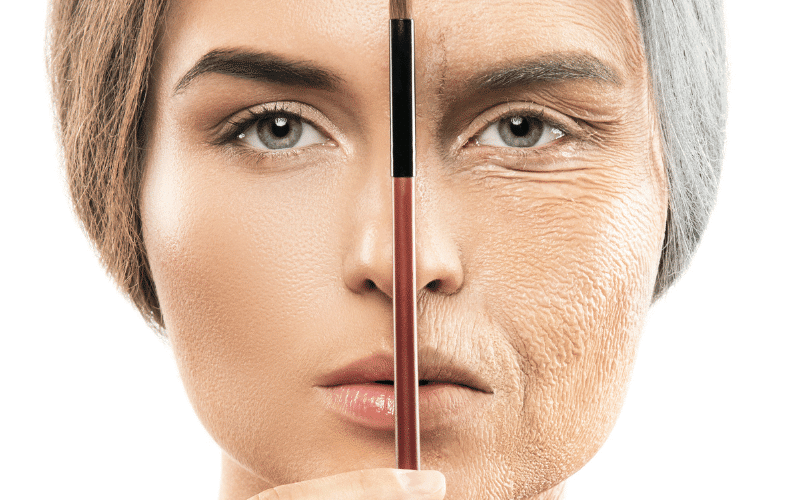3. Age Factor in Thyroid Cancer: Time Ticks Differently

In the intricate web of thyroid cancer, one crucial strand that we must consider is age. Age plays an unusual role in thyroid cancer compared to many other cancers, adding another layer of complexity to its already multifaceted nature.
The relationship between age and cancer is often direct – as we age, the incidence of most cancers tends to rise. While this holds true for thyroid cancer, the connection doesn’t stop there. In thyroid cancer, age is more than just a risk factor; it’s also a crucial determinant of prognosis.
Thyroid cancer can strike at any age. However, it most commonly affects people in their 40s and 50s. Interestingly, it’s one of the few cancers that can also affect children and teenagers, although the incidence is much lower in these age groups.
Despite this broad age range, the prognosis and the course of the disease can vary significantly. For instance, younger patients often have an excellent prognosis, with very high survival rates. On the other hand, older adults, particularly those over the age of 55, often have a more aggressive disease course and a comparatively lower survival rate.
Age also impacts the type of thyroid cancer that an individual is likely to get. Different types of thyroid cancer have different age distributions. Papillary thyroid cancer, the most common type, tends to occur more frequently in younger adults, while follicular thyroid cancer is more common in older adults.(3)